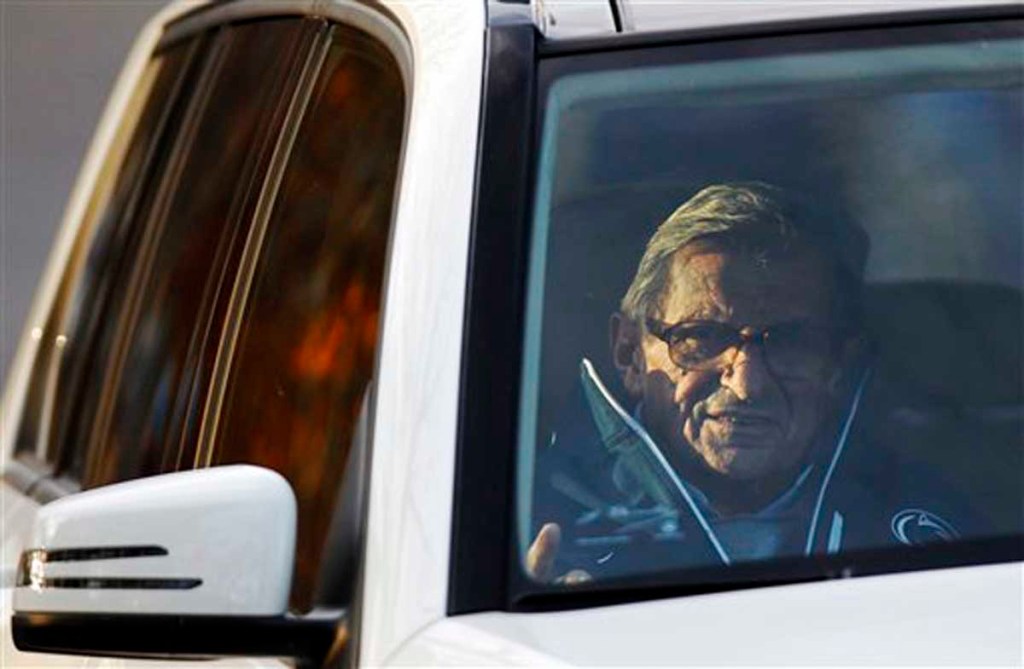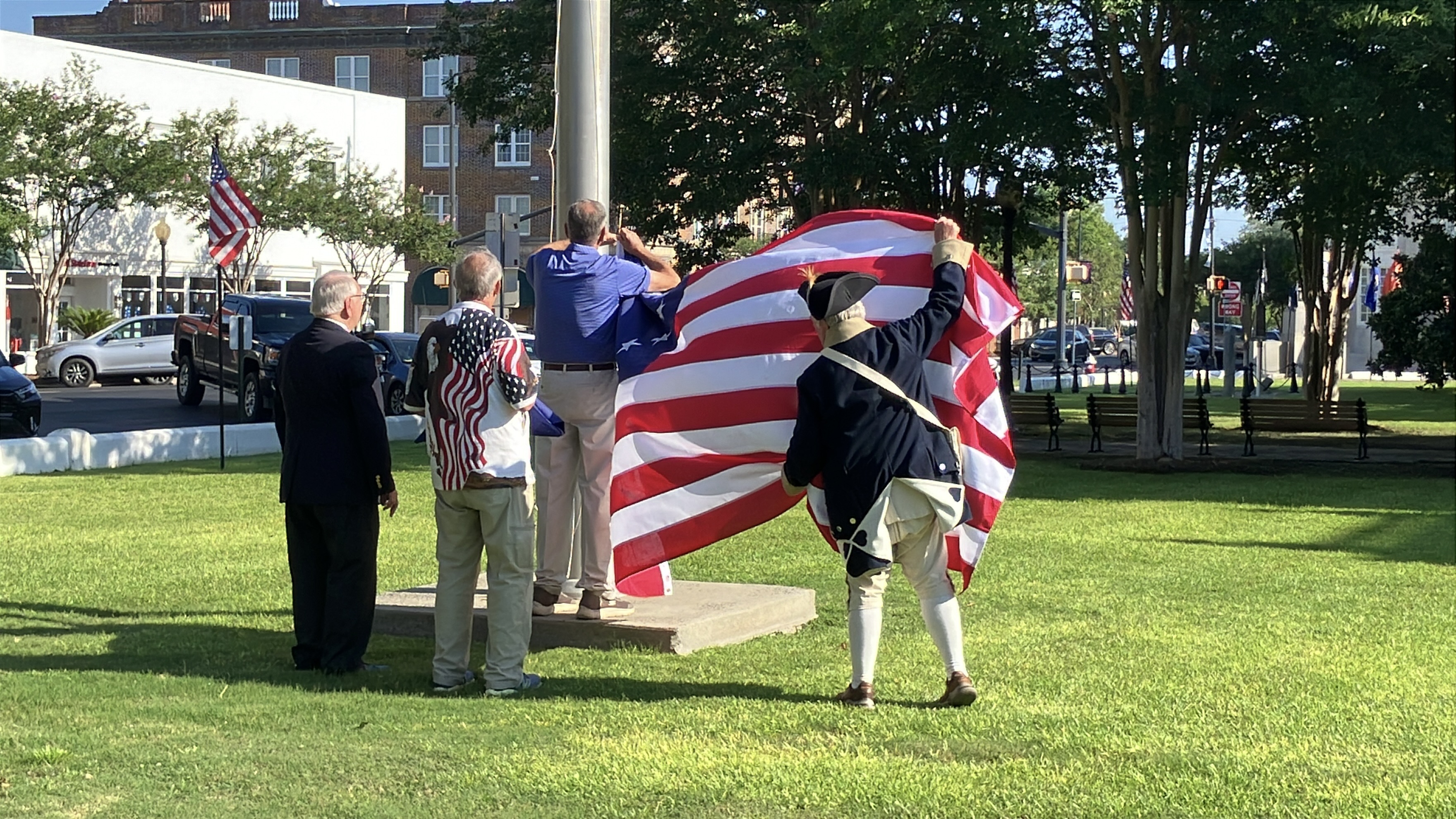10 major scandals in college sports
Published 2:40 pm Wednesday, July 23, 2014

- Penn State coach Joe Paterno is driven from his home Wednesday in State College, Pa. He has announced he will retire at the end of the season.
Scandals of all kinds have tarnished college sports for decades, though what is unfolding at Penn State is hard to compare to any of them.
It’s simply on another scale, both in terms of the charges — former Nittany Lions defensive coordinator Jerry Sandusky is accused of serial child sex abuse, which he denies — and the other person whom the case is bringing down, Joe Paterno.
The 84-year-old Paterno was fired late Wednesday. Paterno is the winningest coach in the history of Division I football and the embodiment of a program that has generally been viewed as upstanding.
Over the years, many other college sports scandals have landed on newspapers’ front pages. Here’s a look at 10 other major scandals involving both coaches and their sports programs:
- Former Texas Tech head football coach Mike Leach was suspended in late 2009 after he allegedly forced a player to sit in a dark closet for three hours after he suffered a concussion. Leach was fired just before the Alamo Bowl in January 2010.
- Louisville head basketball coach Rick Pitino admitted in 2009 to an extramarital affair six years earlier and said he had paid for the woman to have an abortion. The woman, Karen Cunagin Sypher, was charged with extortion for demanding $10 million from Pitino.
- Ohio State football coach Jim Tressel stepped down earlier this year after coming under fire in a scandal involving players selling championship rings in exchange for cash and tattoos. Such practice is against NCAA rules, but some players came forward to say selling memorabilia was common at the school. Tressel did not immediately report the infractions, and when he did, he was suspended for five games. Three months later, with the investigation growing and public support waning, Tressel resigned.
- Baylor basketball player Patrick Dennehy was found dead on July 25, 2003, after he had gone missing for a month. Teammate Carlton Dotson was eventually charged and pleaded guilty to killing Dennehy. The subsequent investigation uncovered drug use by players and illegal payments to players. Coach Dave Bliss was fired and essentially banned from coaching at another NCAA school.
- The University of Minnesota’s basketball program was placed on probation for four years in 1998 after a team tutor admitted to writing more than 400 papers for players over a 5-year period. Coach Clem Haskins and academic adviser Alonzo Newby were also involved in the academic fraud, a university investigation found.
- Basketball coach John Calipari was involved in scandals at two separate schools – the first at the University of Massachusetts in 1997, when it was discovered that he and a player accepted gifts from agents and the school was stripped of its NCAA tournament victories from the previous year. Then in 2008, the Capilari-coached University of Memphis was also stripped of its victories after a scandal involving SAT fraud.
- The University of Colorado at Boulder was engulfed in a scandal in 2004 involving allegations that the school used sex and alcohol to recruit football players. Head coach Gary Barnett was briefly suspended but later reinstated, and a report later criticized him for lax oversight of players but said he didn’t condone the recruiting practices. He was forced out of his coaching job a year later after a stinging 70-3 loss to Texas in the conference championship.
- LSU women’s basketball coach Pokey Chatman resigned abruptly in 2007, just before her team’s appearance in the NCAA Tournament. She was accused by one of her assistant coaches of having inappropriate sexual relationships with her former players, and the university told her she had to resign. Chatman later sued and was awarded $160,000 in a contract settlement.
- Southern Methodist University boosters were found by the NCAA in 1986 to have been paying football players for years. High-ranking school and state officials, including former Texas Gov. Bill Clements, the head of SMU’s board, knew of the pay-for-play arrangements. The NCAA gave SMU football the so-called death penalty, canceling the 1987 season. The school also canceled the ’88 season.
- Players from six college basketball teams, including 1950 NCAA and NIT champion City College of New York, and 33 players were found to be involved and manipulating the results of games for bettors in 1951. The other schools involved were Manhattan College, Long Island University, New York University, Bradley University, the University of Kentucky and the University of Toledo. Kentucky canceled its 1952-53 season because of the scandal.
The Associated Press contributed to this report.





